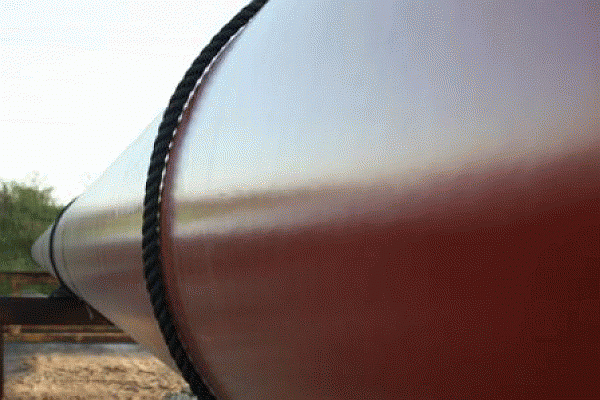A SUCCESSFUL and unusual collaboration between academia and industry through the Energy Pipelines Cooperative Research Centre has resulted in new processes, products and services and a return on research investment for the pipeline industry at a rate of 4.5 to one.
With just five participants (the University of Wollongong, RMIT, Deakin University, The University of Adelaide and Australian Pipelines and Gas Association (APGA)) the Energy Pipelines CRC is the smallest CRC in the Commonwealth co-funded program, but that makes little difference.
Chief Executive Officer David Norman told the 2017 APGA Annual Convention and Exhibition that the benefits for the pipeline industry of the 80 research programs now completed have been many.
“An independent assessment has found that the benefits from the Energy Pipelines CRC’s research have a value of around $4.50 for every $1 invested by the pipeline industry,” said Mr Norman.
“The pipeline industry puts up a lot of money for this research, but that investment is matched by the Commonwealth dollar for dollar, and when you take into account that industry’s contribution is often in-kind, the benefit to the pipeline industry is more like $15 to $16 for every dollar invested.
“Importantly, the benefits of the research programs, every one of which has been initiated by industry, are quickly flowing back in the form of new processes, products and services.
“The majority of the Energy Pipelines CRC’s value is delivered in changed processes: usually through influencing the development and revision of Standards, to improve safety and reliability across the industry.
“This influence is evident in the latest revisions to Australian Standard 2885. The CRC also has software that has been developed through the research program, and this new product is now available to the industry. And the National Facility for Pipeline Coating Assessment at Deakin University is accredited by the National Association of Testing Authorities Australia and provides a range of services that were not previously available in this country.
“The existence of the Energy Pipelines CRC has also fostered improved collaboration and further education and training within the industry.”
CRCs have a finite lifespan, and the Energy Pipelines CRC is planning to expand both the number of participants and the areas in which it will conduct its industry-led research when its current program ceases in 2019.
If it is successful in this new bid, the next generation CRC will be the Future Fuels CRC, and its research will be focussed on the challenges to the energy sector in a decarbonising world.
“The gas and pipelines industry has a very exciting opportunity to decarbonise gradually, a future described in the industry document Gas Vision 2050,” said Mr Norman.
“The Future Fuels CRC will propose three main areas for its research: future energy fluids, the transition to the future which will include a focus on social issues such as the licence to operate and public safety, and the third area will be lifecycle management of new and existing infrastructure including pipelines.”


